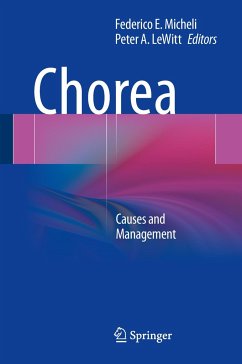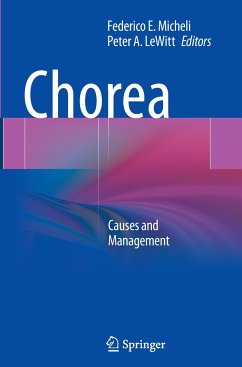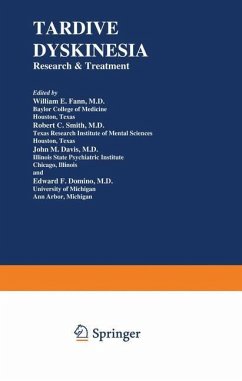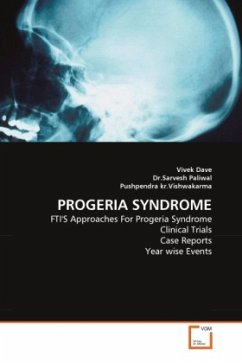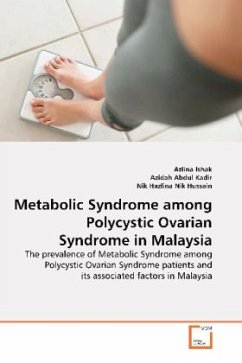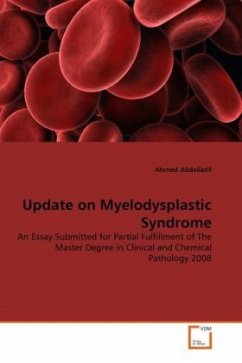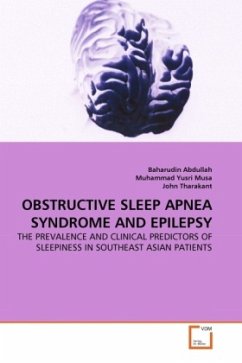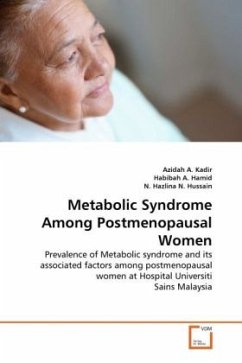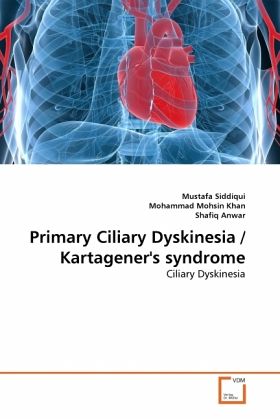
Primary Ciliary Dyskinesia / Kartagener's syndrome
Ciliary Dyskinesia
Versandkostenfrei!
Versandfertig in 6-10 Tagen
32,99 €
inkl. MwSt.

PAYBACK Punkte
16 °P sammeln!
Primary ciliary dyskinesia (PCD), also known as immotile ciliary syndrome or Kartagener Syndrome (KS), is a rare, ciliopathic, autosomal recessive genetic disorder that causes a defect in the action of the cilia lining the respiratory tract (lower and upper, sinuses, Eustachian tube, middle ear) and fallopian tube.Respiratory epithelial motile cilia, which resemble microscopic "hairs" (although structurally and biologically unrelated to hair), are complex organelles that beat synchronously in the respiratory tract, moving mucus toward the throat. Normally, cilia beat 7 to 22 times per second, ...
Primary ciliary dyskinesia (PCD), also known as immotile ciliary syndrome or Kartagener Syndrome (KS), is a rare, ciliopathic, autosomal recessive genetic disorder that causes a defect in the action of the cilia lining the respiratory tract (lower and upper, sinuses, Eustachian tube, middle ear) and fallopian tube.Respiratory epithelial motile cilia, which resemble microscopic "hairs" (although structurally and biologically unrelated to hair), are complex organelles that beat synchronously in the respiratory tract, moving mucus toward the throat. Normally, cilia beat 7 to 22 times per second, and any impairment can result in poor mucociliary clearance, with subsequent upper and lower respiratory infection. Cilia also are involved in other biological processes (such as nitric oxide production), which are currently the subject of dozens of research efforts. As the functions of cilia become better understood, the understanding of PCD should be expected to advance.



